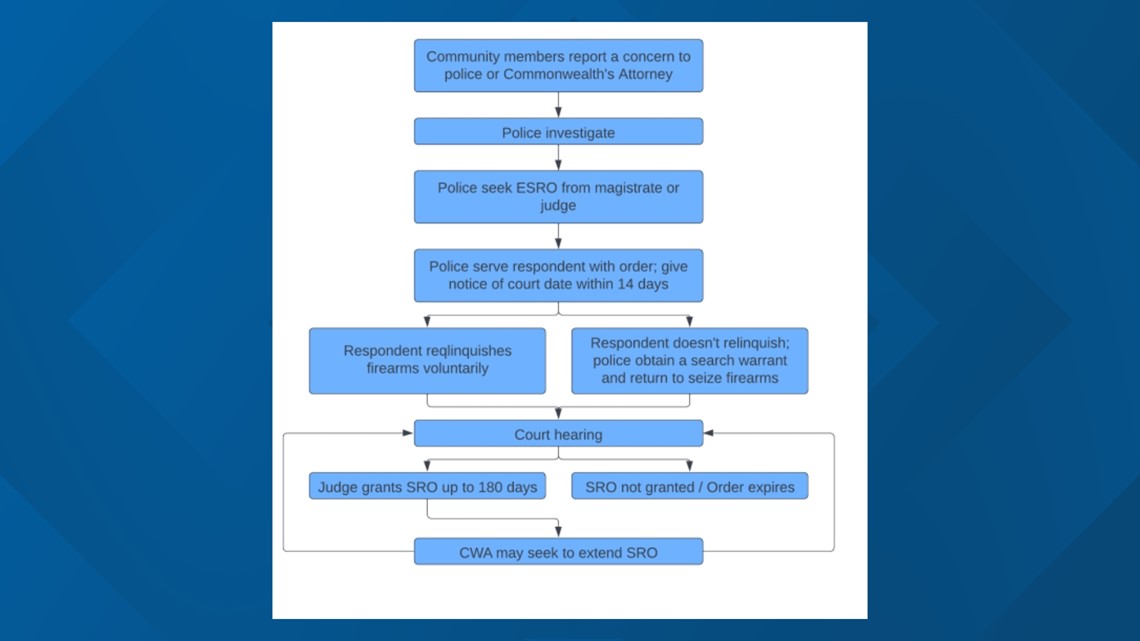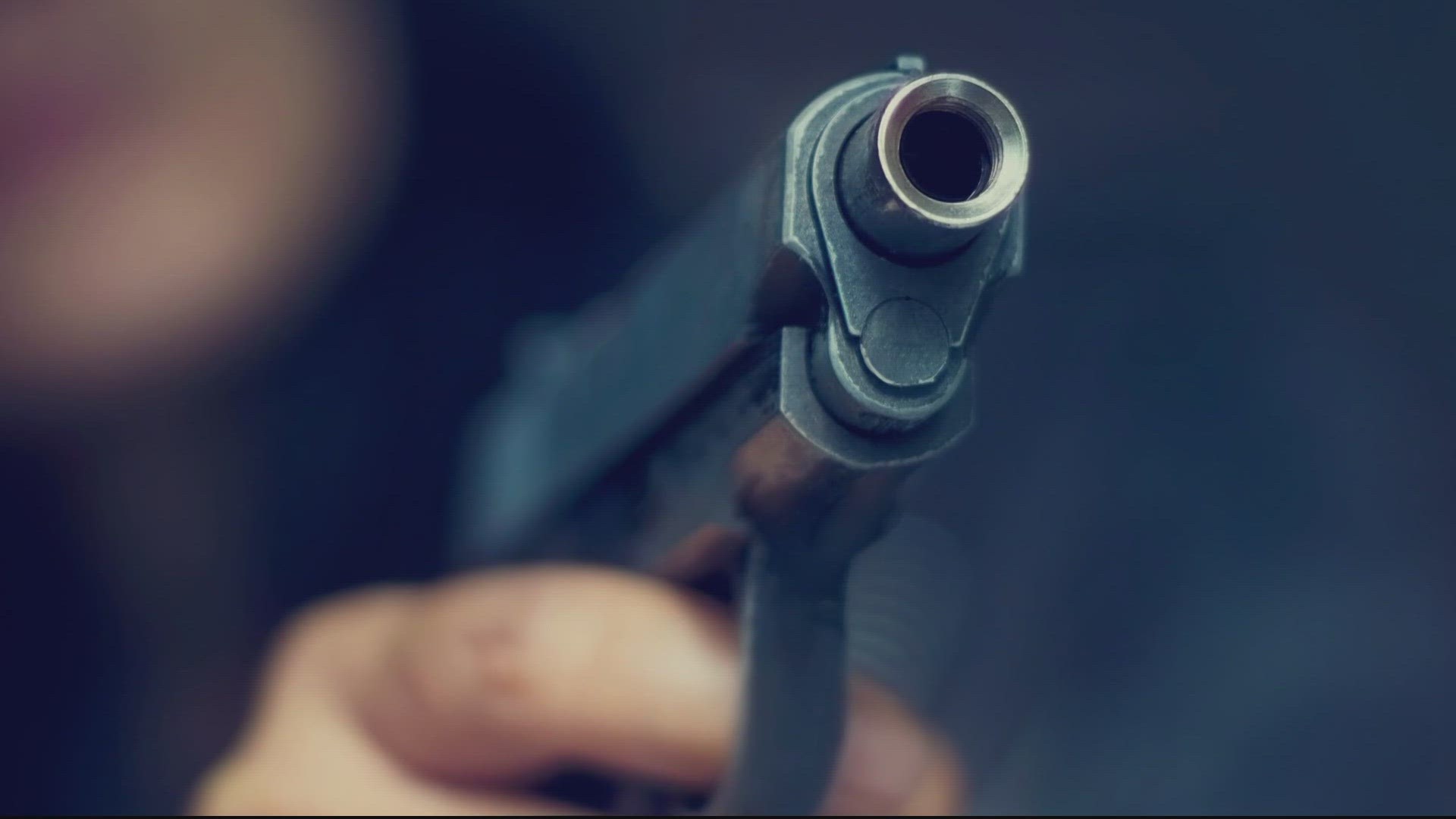WASHINGTON — On Tuesday, Nov. 7, the U.S. Supreme Court will hear oral arguments for the case, U.S. vs Rahimi.
The case involves Zackey Rahimi, whose conviction on possessing guns while subject to a restraining order was thrown out by a panel of three Republican appointees on the 5th U.S. Circuit Court of Appeals.
Rahimi was involved in five shootings over two months in and around Arlington, Texas, U.S. Circuit Judge Cory Wilson noted. When police identified Rahimi as a suspect in the shootings and showed up at his home with a search warrant, Rahimi admitted both to having guns in the house and being subject to a domestic violence restraining order that prohibited gun possession, Wilson wrote.
But though “hardly a model citizen,” Rahimi did not lose his constitutional right to have guns, Wilson concluded. The law at issue could not be justified by looking to history, he wrote for a unanimous panel.
Wilson and Judge James Ho were nominated by President Donald Trump. The third judge, Edith Jones, was chosen by President Ronald Reagan.
The appeals court initially upheld the conviction, then reconsidered once the Supreme Court ruled in New York State Rifle & Pistol Association v. Bruen. At least one District Court has upheld the law since the Bruen decision.
Solicitor General Elizabeth Prelogar, the Biden administration’s top Supreme Court lawyer, cited an earlier high court decision involving gun bans for domestic violence convictions to urge the justices to take up the case.
“More than a million acts of domestic violence occur in the United States every year, and the presence of a firearm increases the chance that violence will escalate to homicide,” Prelogar wrote.
If the Supreme Court overturns the federal law that prevents someone with a domestic violence restraining order from owning firearms, some worry about what this means for red flag laws.
"The Supreme Court which quite frankly has been very radical in their second amendment juris prudence lately, having really abandoned decades and decades of second amendment juris prudence," said Fairfax County Commonwealth Attorney Steve Descano.
He told WUSA9 "My worry is that they're gonna continue down this extreme path invalidate this federal law and, more importantly for us in Virginia, invalidate the red flag law because the two laws have very similar under paintings."
The Red Flag Law was put in place in Virginia in 2020. It's also known as an emergency substantial risk order and allows for temporary court-ordered firearms confiscation if the person is found to be a threat to themselves or others.
People connected to someone who they believe is a danger to themselves or others can petition for what’s called an “extreme risk protection order,” which temporarily prevents that individual from owning or buying firearms and ammo.
"It is a tool that saves lives when people are concerned that others in their life are a danger to themselves or others due to them having a gun," said Descano.


However, Philip Van Cleave disagrees. He's the president of the Virginia Citizen's Defense League.
"That's just not the way America is supposed to work," he told WUSA9. "Red flag laws, number one, they're unconstitutional. You get your due process later. They've already taken away your rights for up to two weeks."
But, Descano disagrees.
'It goes out of its way to protect second amendment rights. They are temporary in nature. At these hearings the individual not only to be heard but to bring their attorney and have an adversarial hearing," he said.
Van Cleave says Tuesday's hearing is about protecting everyone's rights.
"Rights are rights and that's what the argument is on this whole thing," he says.
He also said there are other ways to protect people.
"It's not like if we got rid of red flag we wouldn't have solutions. It's called a temporary detention order and this actually gets somebody help if they're in crisis," said Van Cleave.
The Supreme Court will hear oral arguments on Tuesday, but it will likely be a few months before a decision is made.
A 12-year-old child charged in a deadly carjacking case will remain at a juvenile detention facility until his next court hearing, after a judge declined to release

